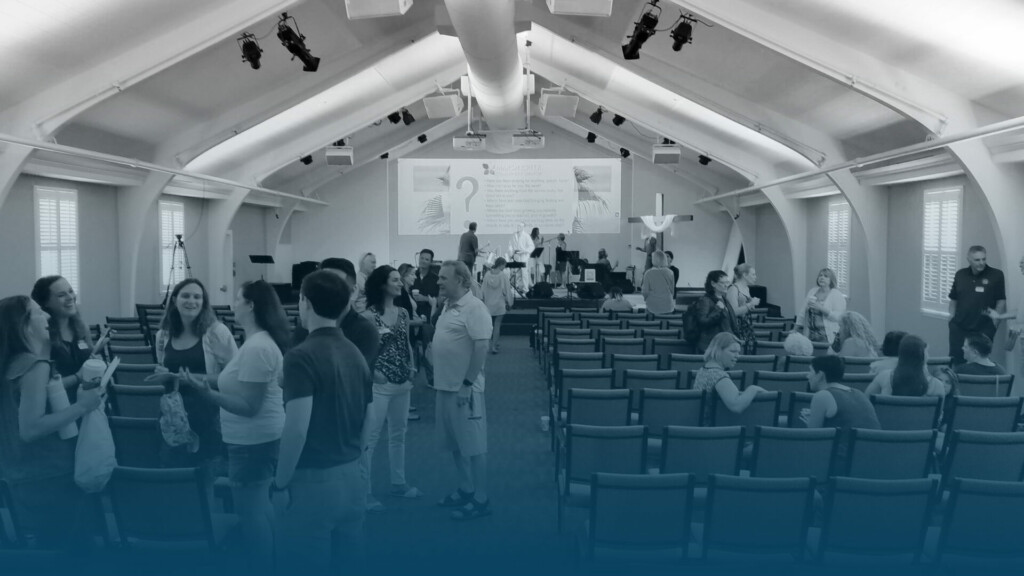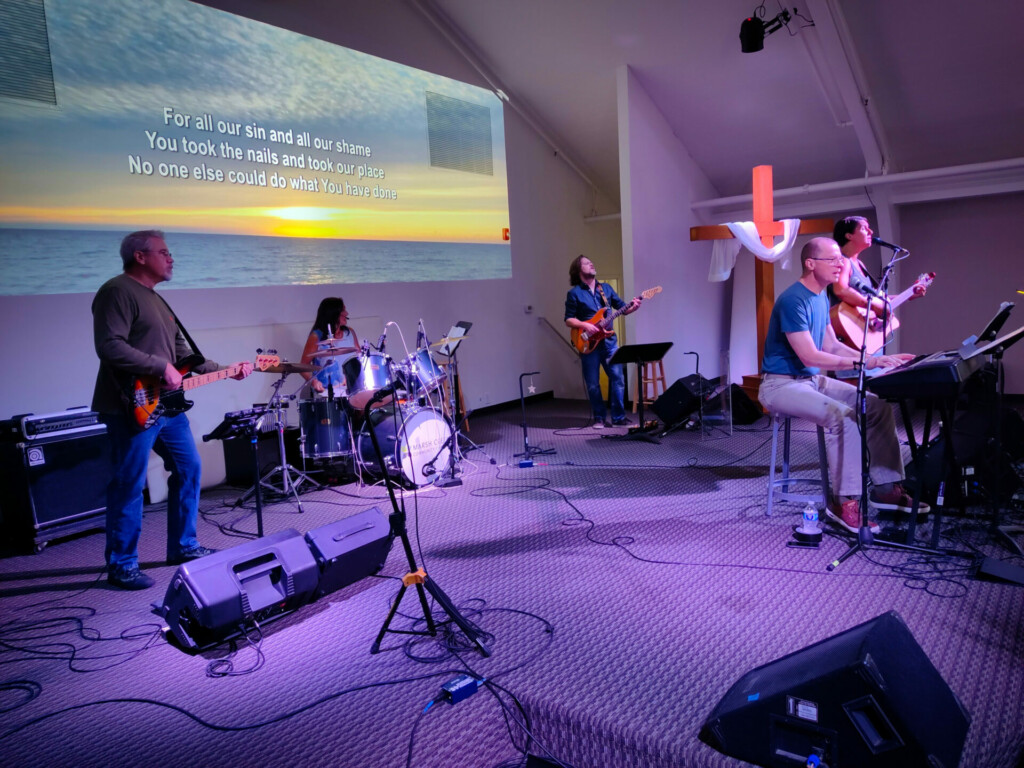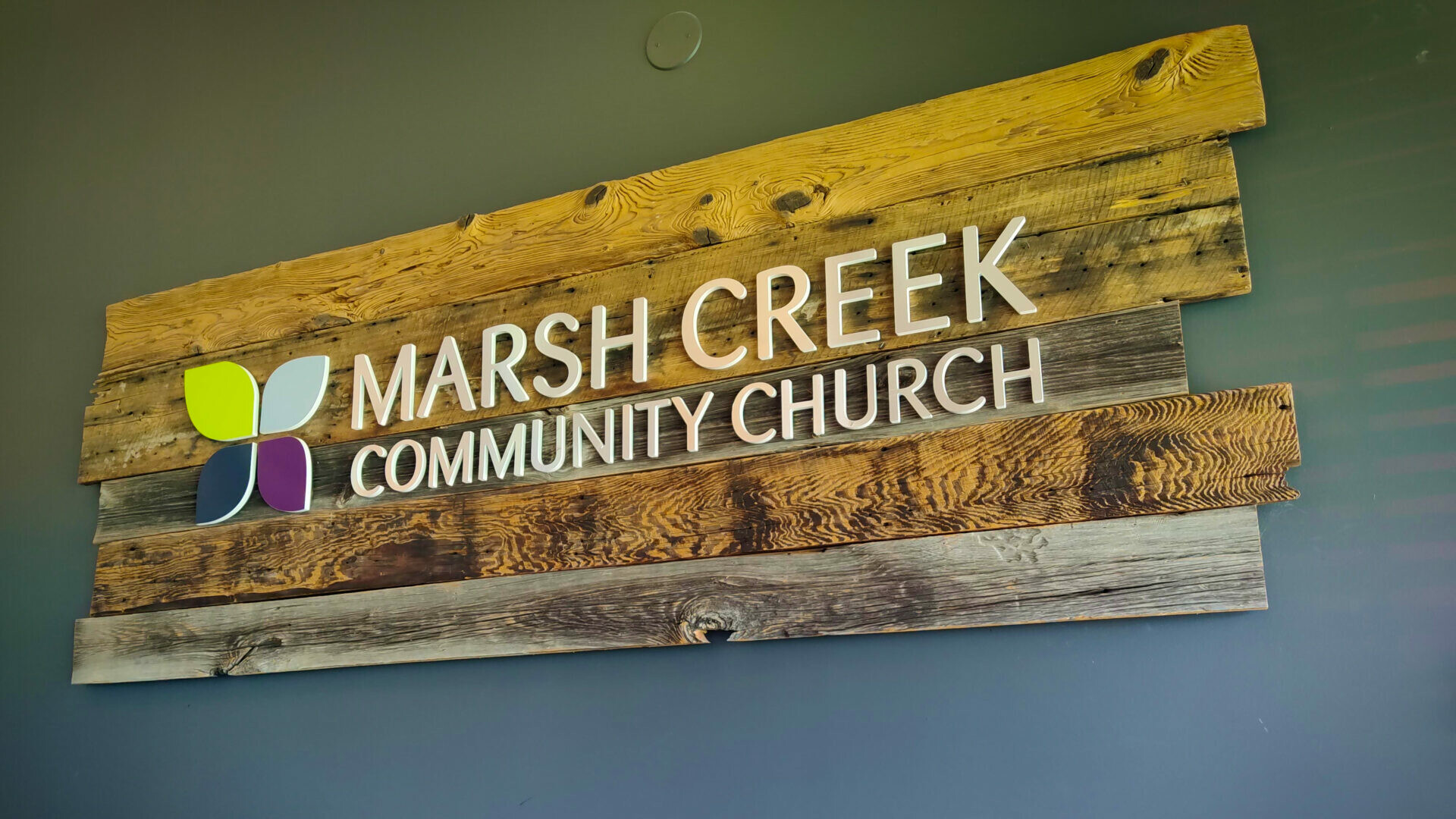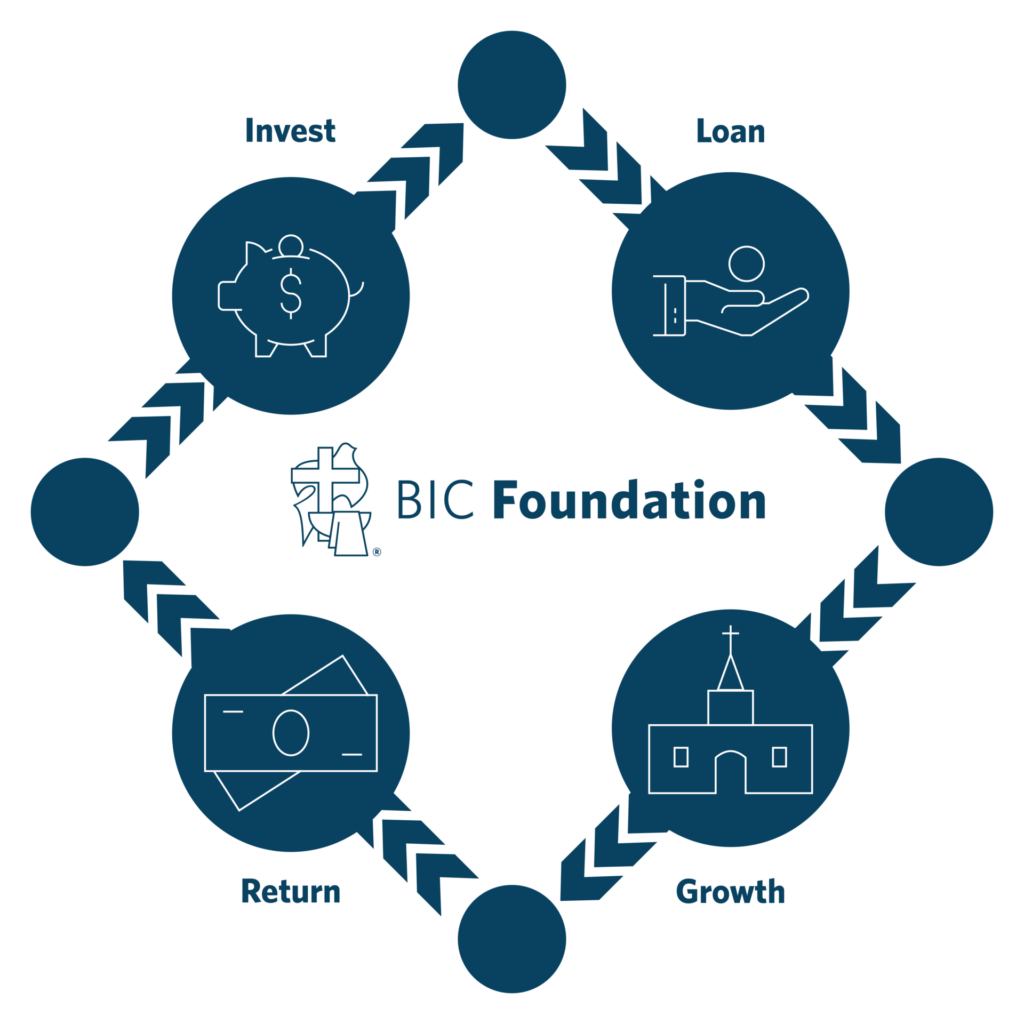Growing Our Capacity to Love
Q&A with Ryan Stockton of Marsh Creek Community Church

Marsh Creek Community Church in Exton, Pa., sensed God calling them to be a hub for congregations compelled to engage in racial healing and justice. As a predominantly white congregation, Pastor Ryan Stockton knew they had much to learn for that dream to be a reality.
With funding from the BIC Foundation’s Matching Grant Program, the congregation just completed their first racial healing and justice learning cohort and hope to soon offer the training to others in their community. We recently spoke with Pastor Ryan about Marsh Creek’s passion for this work and how God is leading them forward.
To start, tell us about Marsh Creek Community Church.
Marsh Creek is a congregation set in the middle of suburbia. Located 40 minutes west of Philadelphia, we have many professionals and C-suite people attending our congregation and living in our communities. The area is very developed with business, neighborhoods, and traffic. There are many families, and the local schools are large.
The area – and our church – is also predominantly white, which is relevant to the conversation here. But the demographics are slowly changing, and we want to grow in our capacity to love our neighbors well.

That’s a great segue; what was the catalyst for Marsh Creek’s racial healing and justice cohort?
A congregant posed a question to me about God’s heart for reconciling people to each other, fixing broken things, and restoring wholeness. This congregant wanted to see what role a predominantly white congregation might hold in healing racism and racial injustice. From there, more conversations ensued, and a team was formed to investigate how God’s Church at Marsh Creek could be a part of – and even one day lead – the work of racial healing and justice in our area. The cohort is our first and biggest step into this work, with more ways to engage coming soon.
You received some funding from the BIC Foundation’s Matching Grant Program; how did that help make this first cohort possible?
To aid us in entering this work, we approached a friend who had once been a part of our church and is a black woman herself. She works professionally in this space, although we were the first church she has conducted training for. Given her unique combination of expertise and knowledge, we couldn’t pass up asking her to partner with us. Thankfully, she very generously agreed.
She’s highly qualified, and the cost of her training is appropriately significant. We did not ask for her to reduce her rate simply because we are a church or because some of us knew her. We wanted to pay her what she is worth, so it was not a cheap initial investment. However, with the help of the BIC Foundation’s Matching Grant Program, the amount that we had to pay out of our pockets was reduced to a very manageable number.

You’ve completed one cohort so far; what feedback have you received?
This first cohort was limited to Marsh Creek congregants, and the growth and learning amongst those who have attended is incredible. The scriptural foundation of the work is key and has helped us to learn how to love our brothers and sisters of color more fully and with greater understanding.
One white woman who attended was moved and felt newly equipped to have conversations with a Black family member. One man expressed he was humbled by how much he hadn’t known but was grateful for the opportunity to learn in an open and compassionate setting. While many were just starting on this journey, all now feel more equipped to speak into this area. We look forward to the impact further cohorts will have on our church and on our larger community as we open it up to those who do not attend Marsh Creek.
Along with the spiritual growth of the attenders, we have also seen some families start to attend Marsh Creek because they heard that we were beginning this work. We eagerly anticipate more as the word spreads because we know that there are many Christians out there who are hungry for the Church to lead in this work.
How has the larger Exton community responded?
The community’s response is overwhelmingly positive. When you engage in work like this, there will always be those who feel like this is not where the Church should be putting its efforts or disagree with certain stances we take. This is why we base everything we do in this work on scripture and the person and work of Jesus Christ. We want our foundation to be Jesus, and all our work and efforts to grow out of that. So even with some people who are unsure about this work here at Marsh Creek, we move forward with great confidence and hope, knowing that we are moving in a Jesus direction, imperfectly, but one step at a time.
What is your dream for the future of this program at Marsh Creek?
Our dream is for Marsh Creek Community Church be a hub for racial healing and justice in our county. Churches are not often viewed as leaders in this work, but Jesus certainly was. So we are excited to be this voice of healing and hope to our community. We know that not everyone agrees, but we also know that many do. We look forward to learning and growing with them as we pursue Jesus together.

How does the BIC Foundation fund projects like this?
BIC Foundation (BICF) funding comes from individual and organizational investments. BICF investors receive industry-competitive rates and know their investments further the mission of the Church.
Email Sean Kleckner to learn more about BICF investments.